The legalese surrounding a lawyer’s obligations to his client is complicated, but, spoken plainly, it is not so convoluted. Comment 1 to Rule 1.2 of the Illinois Rules of Professional Responsibility makes clear that a lawyer’s representation of a client is for the benefit of the client. In every attorney-client relationship, the law imposes what are known as fiduciary duties on the lawyer to the client.
Cox as Trustee for the Estate of Central Illinois Coop v. Evans, 457 F.Supp.3d 634 (C.D. Ill. 2020) (“Evans”) illustrates the fiduciary duties a lawyer owes to a client in the context of a business transaction between a lawyer and his or her client. Every lawyer owes the fiduciary duties of (1) fidelity, (2) honest, and (3) good faith to his clients. By entering into a business transaction with a client, a lawyer risks violating these fiduciary duties by creating a financial interest contrary to that of the client.
When Can Attorneys Enter Into Business Transactions With Their Clients?
Under Rule 1.8 of the Illinois Rules of Professional Conduct, lawyers cannot enter into business transactions, acquire interests in property, or acquire other financial interests that are adverse to those of their clients unless:
- The transaction and terms on which the lawyer acquires the interest are fair and reasonable to the client;
- The terms of the transaction are provided to the client in writing in a manner that the client can understand;
- The lawyer must inform the client—also in writing—that the client may seek the advice of another, independent lawyer about the transaction and then give the client a reasonable opportunity to consult said other lawyer; and
- The client must give informed consent to the essential terms of the transaction and the lawyer’s role in the transaction.
Further, these requirements must be met even if the business transaction are not closely related to the lawyer’s representation of the client.
Lawyers must act cautiously when entering business transactions with their clients because all transactions between an attorney and his client are subject to the scrutiny of the courts. That scrutiny will require the attorney to prove “(1) that he made a full and frank disclosure of all the relevant information that he had; (2) that the consideration was adequate; and (3) that the principal had independent advice before completing the transaction.”
Comment 1 to Rule 1.8 provides the justification for the very stringent standards governing the lawyer’s clients: “A lawyer’s legal skill and training, together with the relationship of trust and confidence between a lawyer and client, create the possibility of overreaching when the lawyer participates in a business, property, or financial transaction with a client.” This rule exists to make sure that the lawyer is acting to further the client’s interests rather than his own.
The Evans Case Study
The Evans Court examined whether the attorney made a full and frank disclosure of all of the relevant information, if the consideration was adequate, and if the client had independent advice prior to completing the transaction. Ultimately, the Evans Court found a genuine dispute of material fact on all three issues, thereby allowing the case to proceed to trial even though the lawyer had proffered evidence on all three of them.
The Court also examined whether there was adequate consideration provided by the lawyer to the client. Consideration, in laymen’s terms, is the value that a person gives in exchange for receiving something in a transaction, and it can come in the form of money, stocks, or labor that the person performed in exchange. This Court noted that there was a genuine dispute of material fact as to both what the consideration was and whether it was adequate because the parties disputed the purchase price and the value of a grain handling facility.
There was evidence that the client had hired an independent attorney for consultation about the transaction. However, the Court again found a genuine dispute over an issue of material fact. because there was uncertainty about the extent of that independent lawyer’s representation, whether that representation was truly independent.
Regarding the full and frank disclosure of all relevant information by the lawyer to the client, the Court noted that the attorneys had disclosed ownership interests in several entities involved in the transaction, but the extent of those interests was undisclosed and underrepresented. As demonstrated by Evans, the close scrutiny of business transactions between lawyers and their clients mean that a lot of legal malpractice claims based on such transactions will proceed to trial, regardless of the evidence put forward by the lawyer.
As demonstrated by Evans, lawyers are subject to very strict scrutiny by the legal system when entering into business transactions with their clients. This is done to ensure the client’s interests are protected, for lawyers are uniquely situated to harm or take advantage of their clients when entering into business transactions with them. When considering a business endeavor with your lawyer, make sure to speak with independent counsel prior to entering into any transaction.
If you have already entered a transaction and believe the lawyer was not honest with you then reach out to the legal malpractice and professional responsibility lawyer at The Katz Law Firm. Our attorneys are licensed in both Illinois and Wisconsin, and the initial consultation is free. Reach out to us via telephone at (312) 300-3727 or by contacting us at our website, which is linked here.
Legal Disclaimer: The information on this blog is for general informational purposes only and does not constitute legal advice. It is based on current legal standards but does not create an attorney-client relationship. For advice specific to your situation, consult a qualified attorney.
The views expressed are those of the individual authors and do not reflect those of any affiliated organizations or a single Katz Law Firm lawyer or agent. The accuracy and applicability of the information may vary. The blog owner and authors assume no liability for actions taken based on this content. Always seek professional legal counsel before making any legal decisions.



















